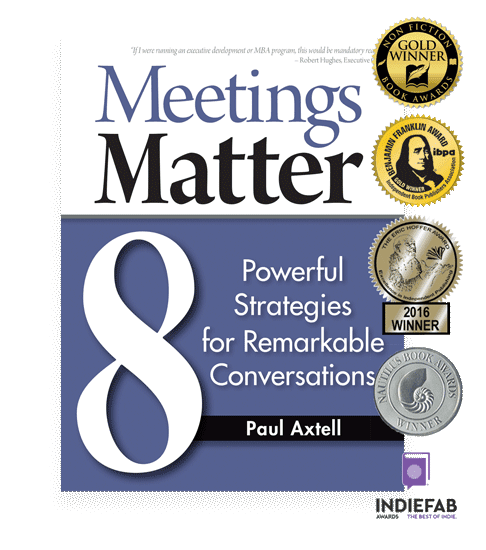In workshops for organizations, I conduct a listening exercise with participants that changes the rules of conversation for about an hour. During this time, the people listening are not allowed to interrupt, ask questions, or make any comments. They are allowed to just listen—to devote all their attention to the other person and the conversation. It’s an exercise designed to remind us what patient and attentive listening looks like. It’s a reminder to slow down, stop jumping into the conversation, relax, and be attentive.
I also provide the book, Ten Powerful Things to Say to Your Kids, as a way to keep the ideas from the workshop alive after the program. After one such workshop, I received this note from a young parent who took the message about listening to heart—and back to his family:
Specifically, the book has changed me more than anyone in my family. However, the way my family has reacted to my change in behavior is what’s promising. For example, I truly took to heart the idea of getting down on my child’s level to read and play. In addition, I have set my electronic devices to the side during this time and truly listen to what they have to say. I had no idea of what really went on during the day with my two boys (Samuel, 4, and Noah, 2). Before when I asked Samuel how his day went, he would tell me “Fine” or “OK.” Now he goes on and on with details of his day that are truly fascinating.
I knew that this stuff really works with my next example. My oldest son, Samuel, had a slight stuttering problem. I didn’t think too much of it. After all, my wife told me that it would go away when he is older. Since I changed my behavior by getting on his level to play, read, and listen (really listen), his stuttering has almost gone away. It’s like he knows that I am not going to rush him to get to the point, so he can say whatever he needs to say without being interrupted or going unheard. For me, this is truly remarkable.
There are powerful connections between language, conversation, and raising our children. Talking and reading to kids from the time they are babies and continuing to be attentive to them as they learn to speak is an essential part of child development.
It’s important to begin long before they can engage in a back and forth conversation with you. Here are three ways to make this vital contribution to their development:
- Talk to them as you do your daily routines—counting steps as you go up and down; explaining what you are doing as you put them in the car seat; pointing out sights and sounds.
- Read to them often and then listen when they begin to read aloud. It actually doesn’t matter if they can understand everything; they are still picking things up—they are learning machines at this age.
- Listen attentively when they do speak—even if they are just uttering sounds and not making sense! No jumping in or finishing sentences or helping them out—just being so attentive that they know you are not only there, but are focused on them and what they are saying.
This last element—listening attentively—seems to have gone missing in this era of digital devices and multitasking. Perhaps it’s time to start a streak of listening to each of your children for at least 15 minutes per day—and more if they ask. Then don’t break the streak!




















































